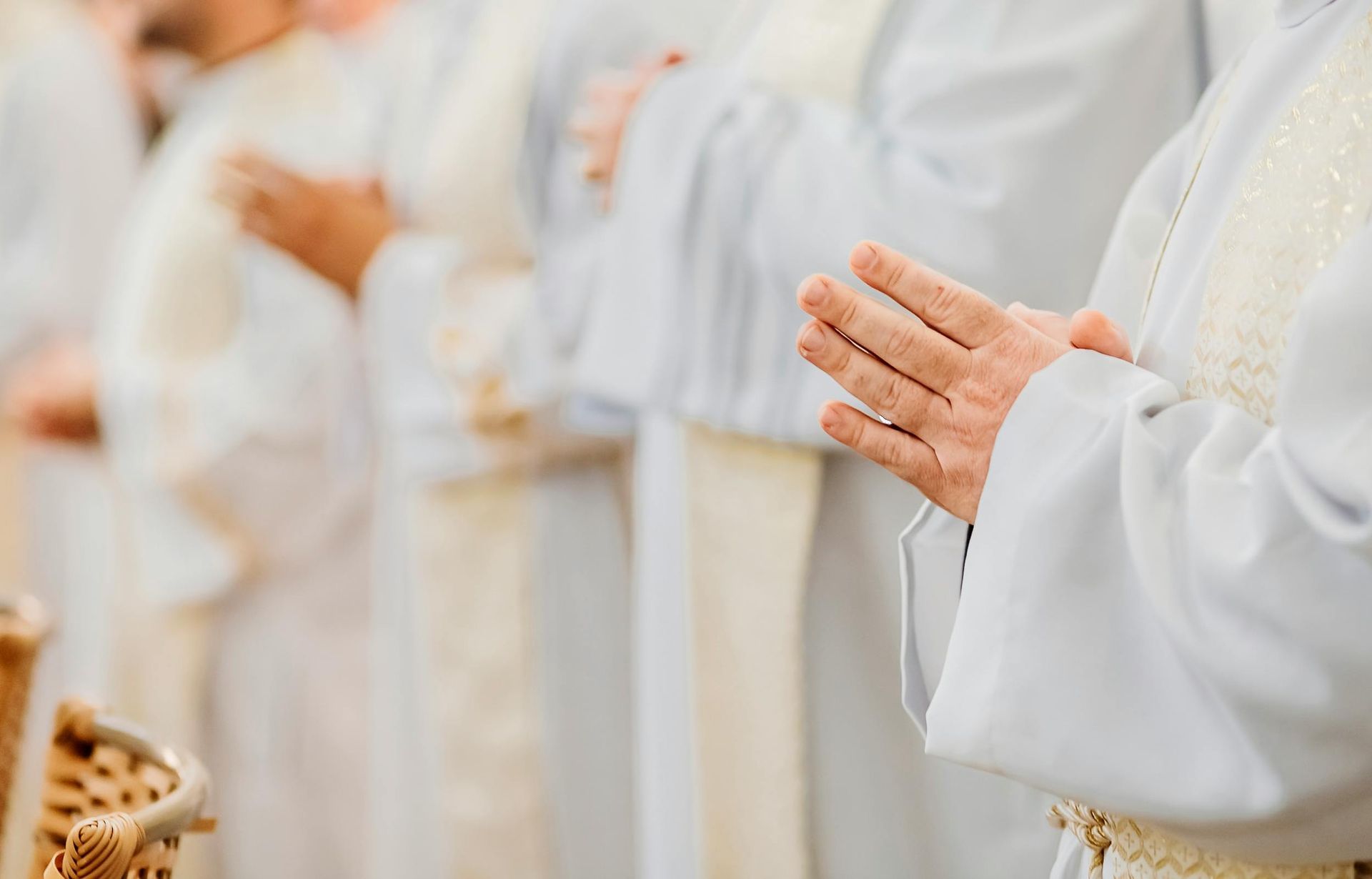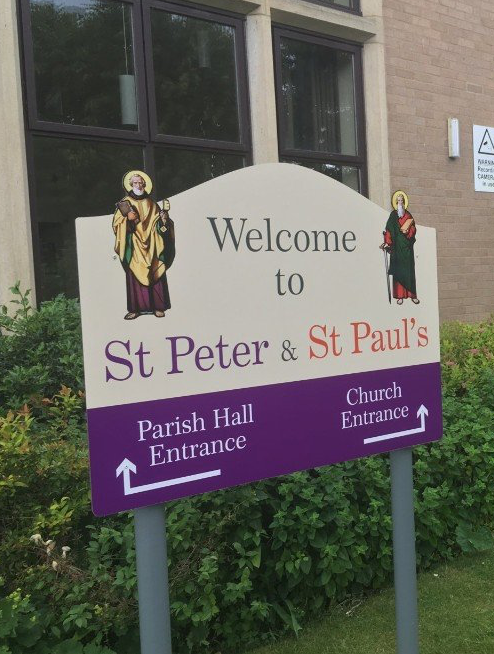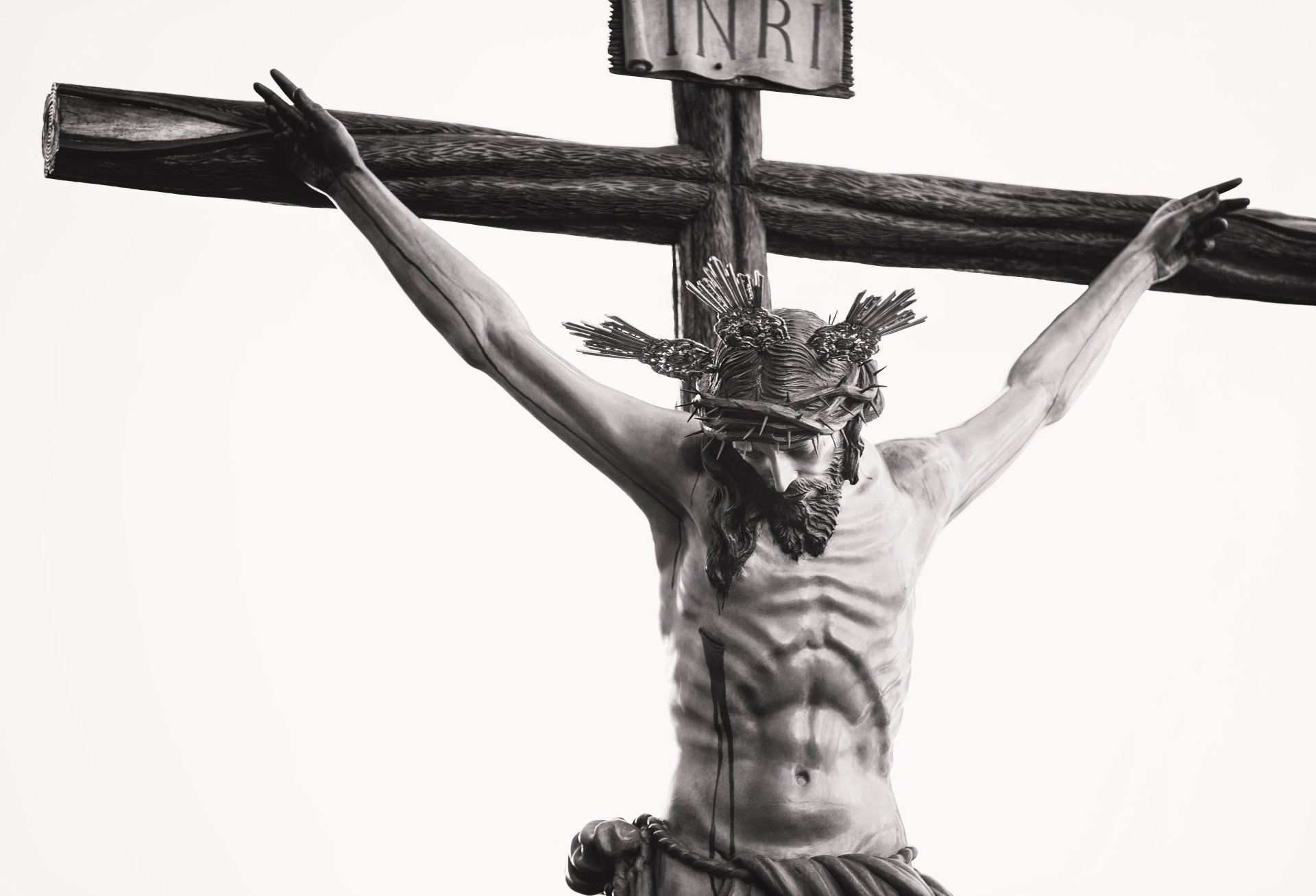Philip Fogarty SJ sets the context of the disputes out of which arose the idea that the preaching the gospel of Jesus and his resurrection was not just for the Jews but for “all the nations”. At the centre of this is St Paul and the story is told by Luke in the Acts of the Apostles.
There is a common, though false, perception that Jesus, during his lifetime, established a new Church and endowed it with its own sacraments, liturgy, priesthood and hierarchy. However, Jesus was not a founding figure in that sense. His mission was primarily to the people of Israel who already had their own scriptures, feasts, liturgy and priesthood, and he did not set out to replace them.
For a time after the resurrection, some synagogues accepted Jewish believers in Christ in their midst. But the fact that Gentiles and hated Samaritans were being accepted into the Christian community, and intermingled with Jewish Christians who still frequented the synagogue, may well have contributed to a growing hostility from Jewish leaders.
Furthermore, when Christians came to speak of Jesus as divine, fierce debates took place with those Jews who thought that the followers of Jesus were abandoning belief in the one true God by making Jesus into a second God. (John’s Gospel, written somewhere between 80 and 110 A.D, noted that the ‘Jews’ [the synagogue leaders, not the people as a whole] agreed among themselves that anyone who confessed Jesus to be the Messiah [the Christ] would be put out of the synagogue.’ (Jn 9:22)
So the formation of the Church as a separate group, distinct from Judaism, came about gradually and only then did it develop its own sacraments, separate liturgy and priesthood based on the teaching of Jesus.
The Acts of the Apostles is the first sustained narrative of the Church’s beginnings, and the second volume of a two-part story, the first part being Luke’s Gospel. Both were written somewhere around 85 AD, give or take five to ten years, probably in a Gentile area of Greece that had been evangelised by Paul or his disciples.
Luke’s purpose in writing his two part narrative was to reassure his patron, one Theophilus, (Lk 1:1-4: Acts 1:1) and the largely Gentile readership that he represented, ‘that you may know the truth concerning the things about which you have been instructed’ (Lk 1:4).
One such ‘truth’ was that Gentiles, as well as Jews, were to receive the blessings promised by God to ‘Abraham and his descendants forever’ (Lk 1:54-55). Gentiles would, in effect, become part of God’s people, and the Acts of the Apostles celebrates the successful acceptance of the Gospel by Gentiles, especially through the preaching of Saint Paul.
However, the success of the Gentile mission posed a serious problem: if Gentiles accepted Jesus as God’s emissary, and Jews in large measure did not, did this mean that God had abandoned his Chosen People, and given up on ‘the promises he made to their ancestors, to Abraham and his descendants forever’ (Lk 1:55).
If this were the case, could not God be accused of deception and disloyalty?
Furthermore, if God was prepared to abandon the ‘People of the Promise’, might God not reject the Gentiles even more easily at some future date?
Luke set out to show how God, in and through Jesus, continued to fulfil his promises to the Jewish people, and that a great number of Jews did in fact accept Jesus (Acts 2:41). By showing that the Christian community was essentially a ‘restored and renewed Israel’, Luke was able to show that the mission to the Gentiles was not a replacement of God’s care for Israel but a legitimate extension of it.
The Acts of the Apostles continues the story of Jesus into the story of the early Church, from its birth at Pentecost, to its success among the Gentiles all the way to Rome, the very heart of the Empire. The active agent in the growth of the church is the Holy Spirit who replicates in the lives of the Apostles and the Christian community the pattern of life and love first exemplified in Jesus. God’s Spirit, working in and through human freedom, especially in people such as Paul, did not cease its activity at the death of Jesus but continues it in the life of the Christian community in each succeeding generation.
Paul enters Luke’s story at the moment that the deacon Stephen is being stoned to death, an action of which he fully approved (Acts 8:1). Paul was probably born in Tarsus in modern Turkey somewhere between the years 5-10 AD during the reign of the Roman Emperor Augustus. Unlike many Jews, he was also a Roman citizen. In his day, Jews born outside of Palestine often had two names, one Greek, or Roman, the other Semitic. So Paul was known as Paul or Saul, after the first king of Israel. He was well educated, able to write good Greek, had basic rhetorical skills, and, in his letters, he quotes from the Jewish Scriptures that were written in Greek.
Paul learnt a trade as a tentmaker, a skilled craft with skins involving leatherwork, the making of tents and awnings. As a tradesman he would have been among the lower social classes, but a step up from people who had become citizens by being freed from slavery. When he was in his twenties, after a solid upbringing in Tarsus, he may well have gone to Jerusalem to study Jewish law. Was it then that he joined the party of the Pharisees?
Paul may well have been the instigator of the event that led to Stephen’s stoning. He says of himself in his letters, ‘I am a Hebrew born of Hebrews; as to the law a Pharisee; as to zeal a persecutor of the church’ (Philippians 3:5). In Galatians he wrote, ‘You have, no doubt, heard of my earlier life in Judaism. I was violently persecuting the church of God and was trying to destroy it’ (Gal 1: 13).
Why was he trying to destroy the new-born Church? Probably because he saw the followers of Jesus as proclaiming a message that was contrary to the Pharisees’ interpretations of the Law of Moses, the so-called ‘tradition of the elders’, and, in particular, because of the notion that Jesus was the God-approved Messiah, a man condemned to death by the Jewish authorities as a blasphemer.
Luke tells us that after Stephen’s death ‘a severe persecution began against the Church in Jerusalem and all except the apostles were scattered throughout the countryside of Judea and Samaria.’ Paul, in the meantime, was ravaging the Church by entering house after house; dragging off both men and women, and committing them to prison.








